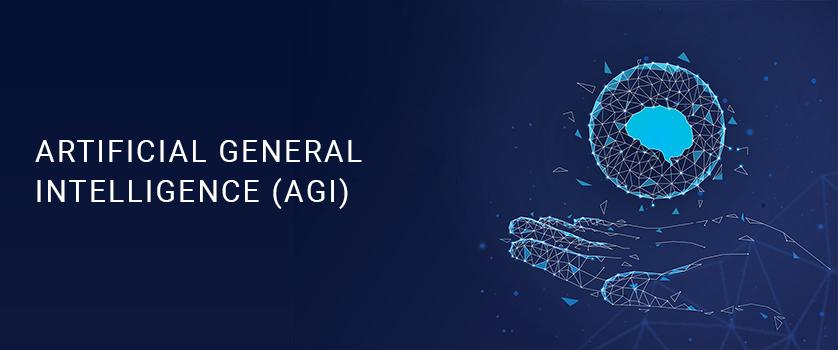Artificial General Intelligence (AGI)

- 04 May 2024
Why is it in the News?
“GPT-4 is the dumbest model any of you will ever have to use again,” said the OpenAI’s CEO Sam Altman at a time when his company is going big on superintelligence or Artificial General Intelligence (AGI).
What Is Artificial General Intelligence (AGI)?
- Artificial general intelligence (AGI) is a team used to define the concept of development of AI to a level that can almost be capable of human intelligence and able to solve complex problems.
- Artificial intelligence (AI) is a broad field that encompasses various domains and applications, such as computer vision, natural language processing, machine learning, robotics, and more.
- AGI is a fictional Super Intelligence system that can match human intelligence.
- In Normal terms, AGI is also called strong AI, full AI, or general intelligent action.
- AGI systems are expected to have human-like or superhuman cognitive abilities, such as reasoning, planning, learning, communication, creativity, and problem-solving.
- AGI systems would be able to perform any task that humans can do, and even tasks that humans cannot do.
What is the Difference Between AI & AGI?
- AI systems are trained to perform specific tasks that require some level of intelligence, such as recognizing faces, translating languages, playing games, or diagnosing diseases.
- However, these systems are not able to generalize their skills and knowledge to other domains or tasks that they were not trained for.
- This is where artificial general intelligence (AGI) comes in.
- Artificial intelligence is an Umbrella containing the science of developing systems and processes that can replicate human intelligence.
- It's an umbrella containing multiple subdomains specifically built to develop such intelligence systems.
- Artificial General Intelligence is more like the system's ability to learn by itself, and behave like human intelligence. It's an evolved system with the help of heavily trained AI over time.
How can AGI Help Humanity?
- In theory, AGI has innumerable positive implications.
- For instance, in healthcare, it can redefine diagnostics, treatment planning, and personalised medicine by integrating and analysing vast datasets, far beyond the capabilities of humans.
- In finance and business, AGI could automate various processes and enhance overall decision-making, offering real-time analytics and market predictions with accuracy.
- When it comes to education, AGI could transform adaptive learning systems that work towards the unique needs of students.
- This could potentially democratise access to personalised education worldwide.
